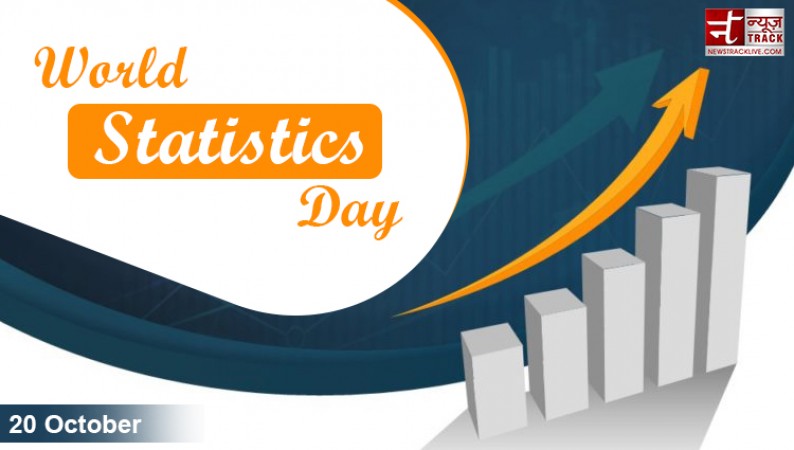
Every year, on October 20, the world comes together to celebrate World Statistics Day, an event that highlights the critical role that data and statistics play in shaping our societies. Organized by the United Nations, this global observance occurs every five years and serves as a reminder of how indispensable good data is for informed decision-making across all sectors of society. In this article, we will explore the significance of World Statistics Day, the importance of data in our lives, and the role of statistics in driving meaningful change.
The Significance of World Statistics Day
World Statistics Day was first celebrated on October 20, 2010, following a resolution by the United Nations General Assembly. This date was chosen to mark the adoption of the Fundamental Principles of Official Statistics, a framework that emphasizes the importance of statistical quality, impartiality, and transparency in the collection and dissemination of data. Since then, it has become a recurring event held every five years, providing a platform for countries, international organizations, and the statistical community to recognize the invaluable contributions of statistics to decision-making processes.
The Importance of Data in Our Lives
Data is all around us, from the weather forecast we check in the morning to the traffic updates we receive on our smartphones. In a rapidly evolving world, data has become a cornerstone of modern life. Businesses rely on data to make informed decisions about market trends, consumers use data to make choices about products and services, and governments utilize data to develop policies and allocate resources effectively. World Statistics Day highlights the importance of harnessing this vast reservoir of information to bring about positive change and address pressing global issues.
Data for Informed Decision-Making
Informed decision-making is a process that depends heavily on accurate and reliable data. Whether it's a government deciding where to invest in healthcare, a business assessing market demand for a new product, or an individual making choices about their daily life, data is the foundation upon which decisions are built. When data is of high quality and easily accessible, it empowers all actors in society to make choices that are more likely to lead to positive outcomes.
Statistical data is particularly crucial for governments. Policymakers rely on statistics to assess the impact of existing policies, identify areas in need of improvement, and allocate resources effectively. For example, public health officials need data to track disease outbreaks, monitor vaccination rates, and plan healthcare services. In the business world, companies use data to optimize their supply chains, develop marketing strategies, and understand consumer preferences.
The Role of Statistics
Statistics is the science of collecting, analyzing, interpreting, presenting, and organizing data. It provides a systematic and objective framework for understanding complex phenomena. Through statistics, we can uncover patterns, trends, and relationships in data, which can then inform decision-making. Furthermore, statistics help us to assess the uncertainty and variability inherent in data, allowing for better risk assessment and planning.
The United Nations, through World Statistics Day, acknowledges that by promoting the responsible use of data and statistics, we can foster trust, collaboration, and innovation. Well-documented and transparent statistics enable societies to address pressing challenges, such as climate change, economic inequality, and public health crises. They also promote accountability and ensure that decision-makers are held responsible for their actions.
World Statistics Day on October 20 is a global celebration that reminds us of the indispensable role of data and statistics in shaping our world. In a data-driven age, where information is power, good data is the lifeblood of informed decision-making across all sectors of society. Through this observance, the United Nations emphasizes the importance of high-quality statistics and their capacity to drive meaningful change, address global challenges, and create a better future for all.